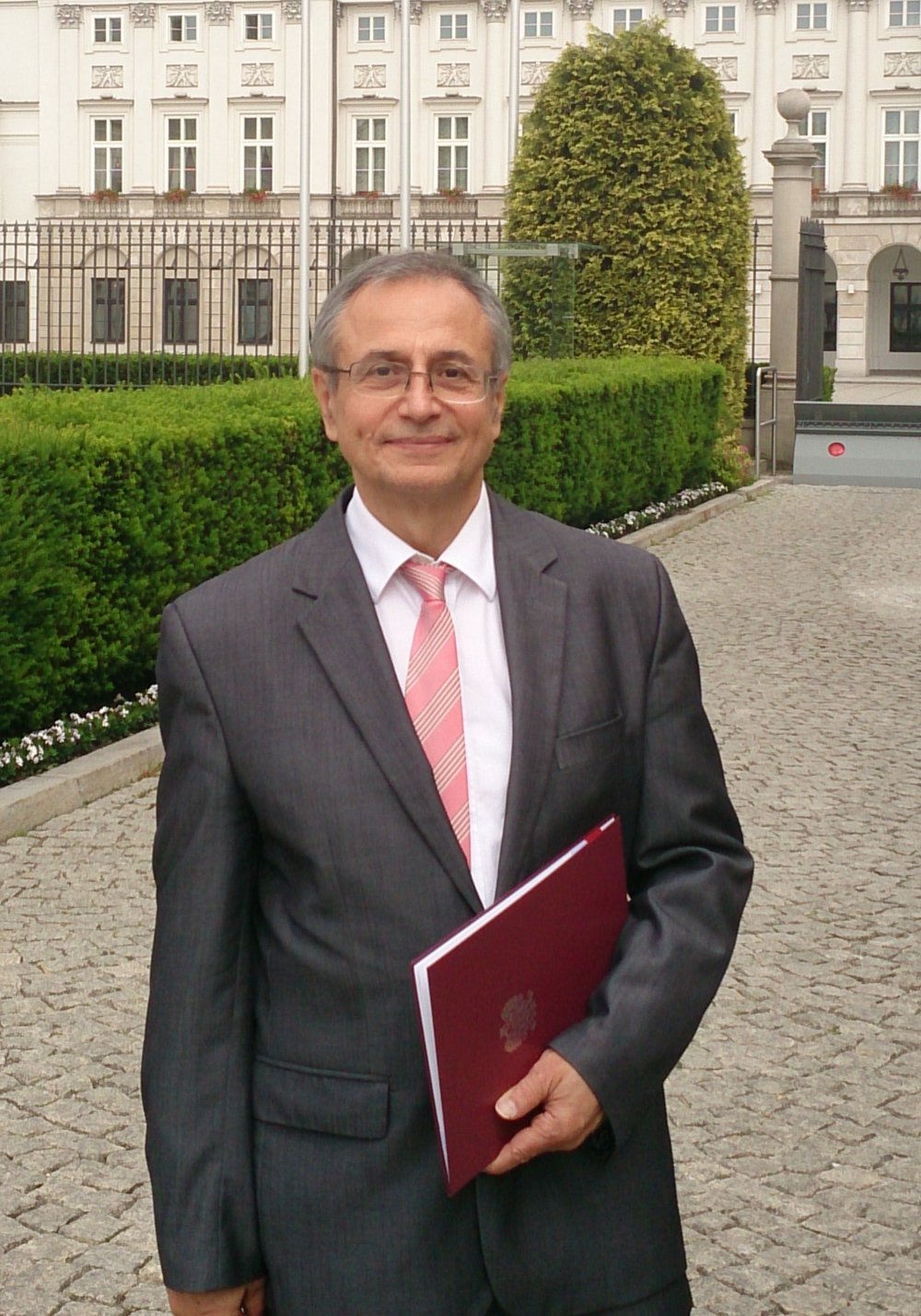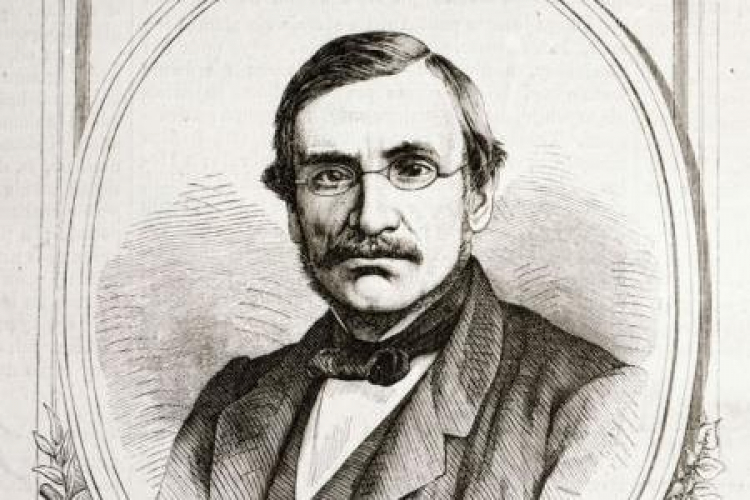prof. Piotr Dahlig
Year:
2015
Category:
Category V. Scientific research, documentation and animation, popularization of folk culture
Field of activity:
Scientific activity, popularization, promoting
Region:
Mazowieckie, Warszawa
Piotr Dahlig (b. 1953) is a musicologist, ethnomusicologist, endowed humanities professor (since 2015), full professor of the University of Warsaw (since 2002), head of the Department of Ethnomusicology at the Institute of Musicology, University of Warsaw (since 2003).
Professor Dahlig is an extremely important figure in Polish humanities and ethnomusicology. He is the researcher who applies extraordinary sensitivity, meticulousness, and devotion to study folk culture understood in broad terms.
He earned his degree from the Institute of Musicology, University of Warsaw, where he studied from 1972 to 1977. He has been specialising in ethnomusicology since 1975. His MA thesis, written in 1977 under the supervision of Professor Anna Czekanowska-Kuklińska, dealt with archaic, tetratonic and hexatonic scale singing characteristic for the Polish-Ukrainian borderlands. His PhD thesis (1983) described folk music practice in Poland based on performers' accounts. From 1977 to 1983, he was a lecturer at the Institute of Musicology, in 1983 becoming a researcher with the Institute of Art, Polish Academy of Sciences (Department of Music History, Folklore Laboratory) and a long-standing guardian of the Academy's phonographic collections. From the onset, he would add to the repository new materials he was recording during his field research. Their number is impressive: ca. 20 thousand audio recordings of songs and instrumental melodies and ca. 50 hours of video material presenting dances, instrumental performances, folk shows, and plays staged by rural theatre companies from all Polish regions and the neighbouring countries. He made all of the recordings on his own visiting festivals (especially the Folk Bands and Singers Festival in Kazimierz Dolny), smaller-scale local events, and private meetings with folk singers, instrumentalists, and bands. As well as recording the material, his objective during the meetings was also to get to know the people performing before his eyes: their motivations, character, and psychological profile. This large-scale fieldwork, reminiscent of Oskar Kolberg's endeavours, has always been done hand in hand with academic work aimed to incorporate all of the meetings and materials into a broader reflection.
In 2000, he earned the degree of habilitated doctor based on the thesis Tradycje muzyczne a ich przemiany. Między kulturą ludową, popularną i elitarną Polski międzywojennej (Music Traditions and Their Transformations. Between Folk, Popular, and Elite Culture of Poland of the 1920s and 1930s). In the introduction to this highly significant work describing the changes of folk culture in the 20th century, he wrote:
"The fact that traditional, peasant, primeval, or non-European music cultures have now become an object of research inquiry is a sign of a growing historical awareness. … Ethnomusicology – one of the youngest in the family of human sciences – seems to carry perhaps the greatest potential for interdiciplinarity of all of her sisters."
Piotr Dahlig has been consistently pursuing his aim of documenting and studying Poles' music culture.
His is a member of the International Council for Traditional Music (UNESCO), the Society for Music Education, Warsaw Scientifically Society (TNW), Polish Ethnological Society, and the Fryderyk Chopin Society. He has taken part in around 80 international conferences devoted to ethic, folk, and tribal music cultures, music instruments, and sources used to study music history, among other topics. He has been teaching on music cultures, (ethnic and folk) music of Poland and other European nations, and the theory of music education at the University of Tampere, Finland; Academy of Music, Warsaw, Poland; and Nicolaus Copernicus University, Toruń, Poland. He also has served as juror of a range of folklore competitions in Poland, including the Polish National Folk Bands and Singers Competition in Kazimierz Dolny and the Polish National Convention of Country Theatres in Tarnogród.
Professor Dahlig has authored five books, 160 papers on folk culture, encyclopaedic entries, and essays for booklets accompanying CDs, including the "Muzyka Źródeł" (Music of the Origins) series released by Polish Radio.
Among his most significant publications are: Ludowa praktyka muzyczna w komentarzach i opiniach wykonawców w Polsce (Folk Music Practice in Poland Based on Performers' Accounts), Warsaw 1993; Tradycje muzyczne a ich przemiany. Między kulturą ludową, popularną i elitarną Polski międzywojennej (Music Traditions and Their Transformations. Between Folk, Popular, and Elite Culture of Poland of the 1920s and 1930s), Warsaw 1998; Muzyka Adwentu. Mazowiecko-podlaska tradycja gry na ligawce (Advent Music. The Tradition of Playing the Ligawka in Mazovia and Podlasie), Warsaw 2003; and the latest Cymbaliści w kulturze polskiej (Hammered Dulcimer Players in Polish Culture), Warsaw 2013, devoted to the music traditions of the region of Podkarpacie (Subcarpathia) and people forcefully relocated from Poland's pre-WWII eastern territories which were allocated to the USSR after 1945 and settled in present-day Poland's western and northern regions.
Maria Baliszewska







